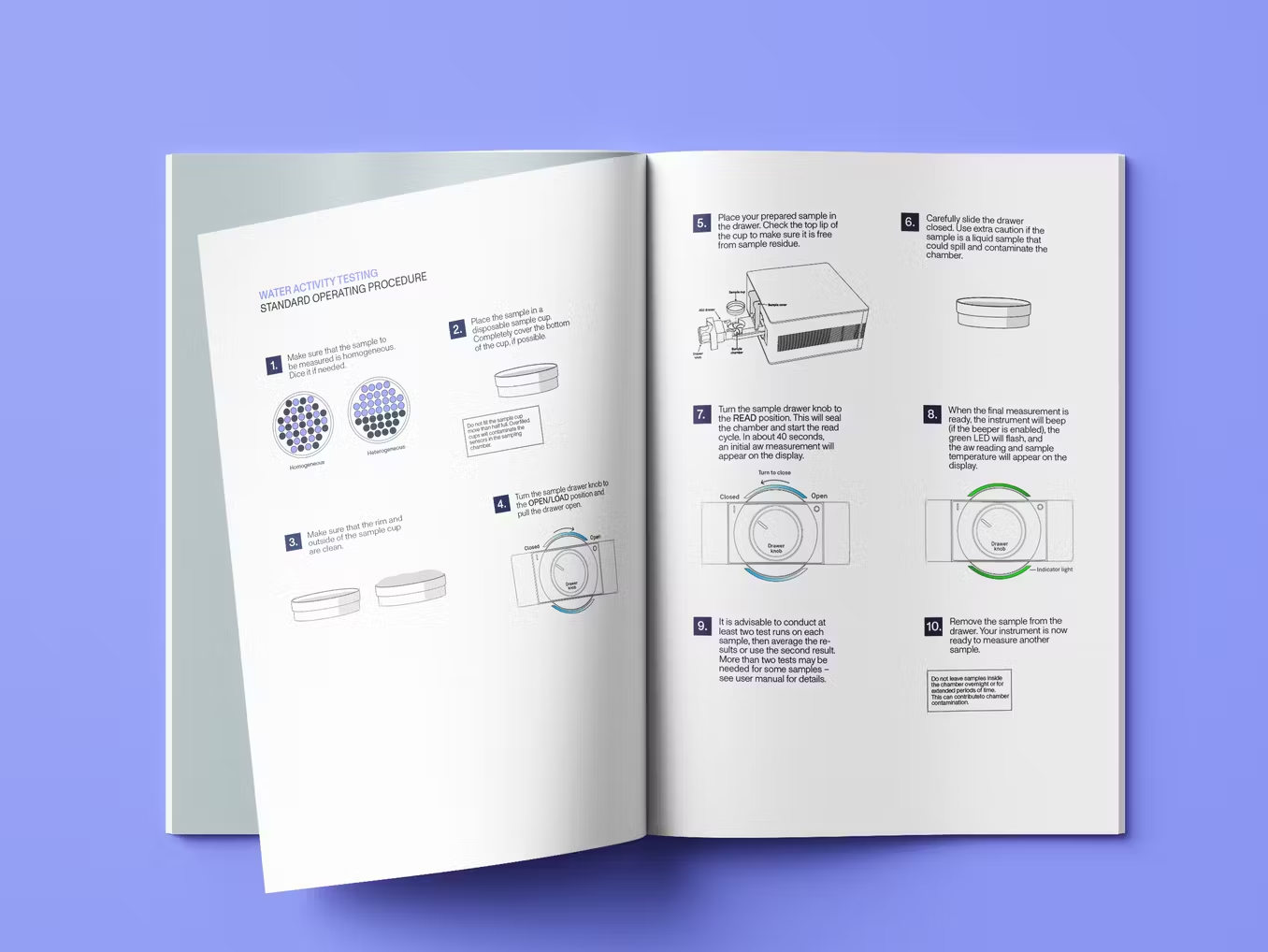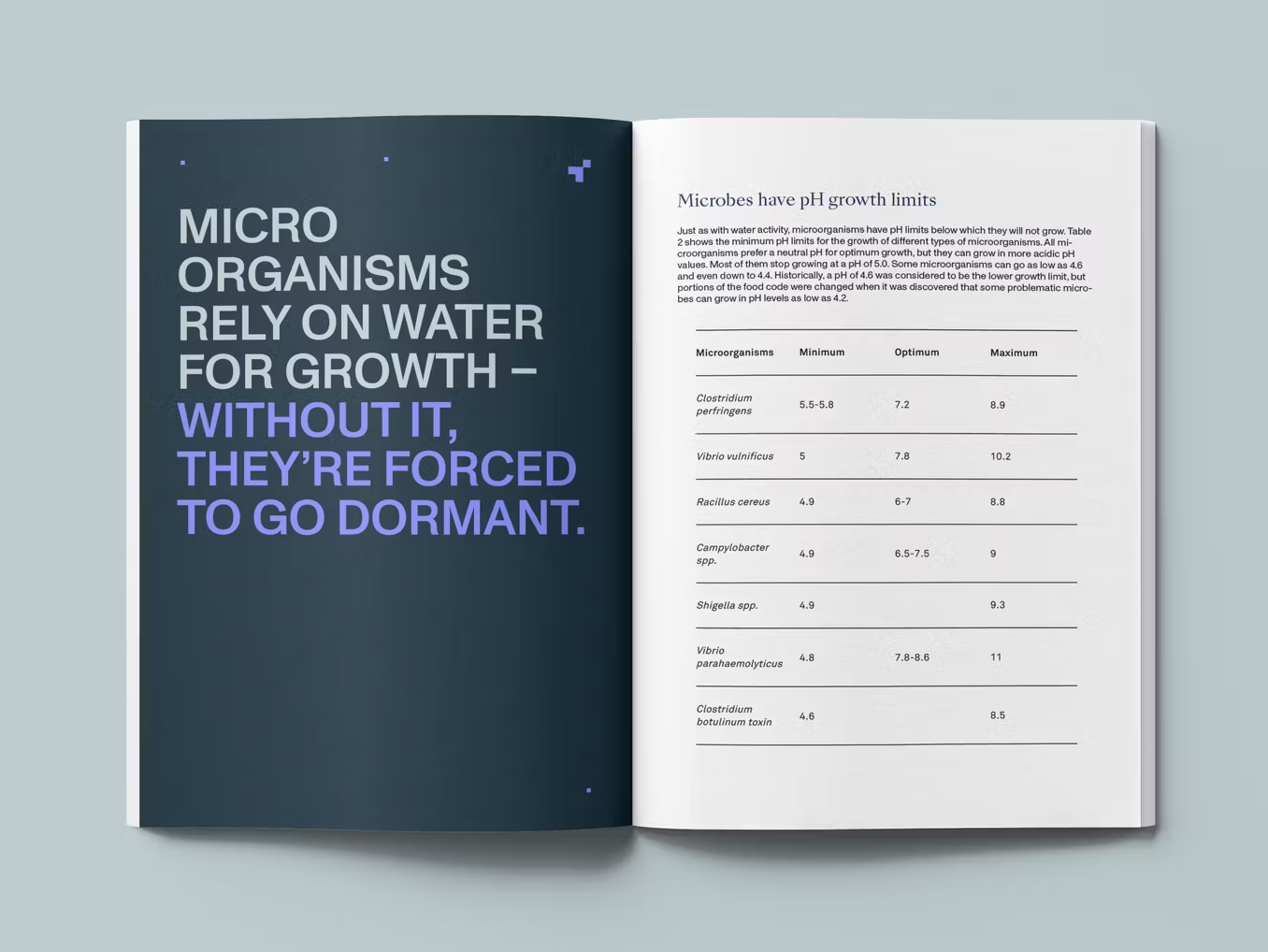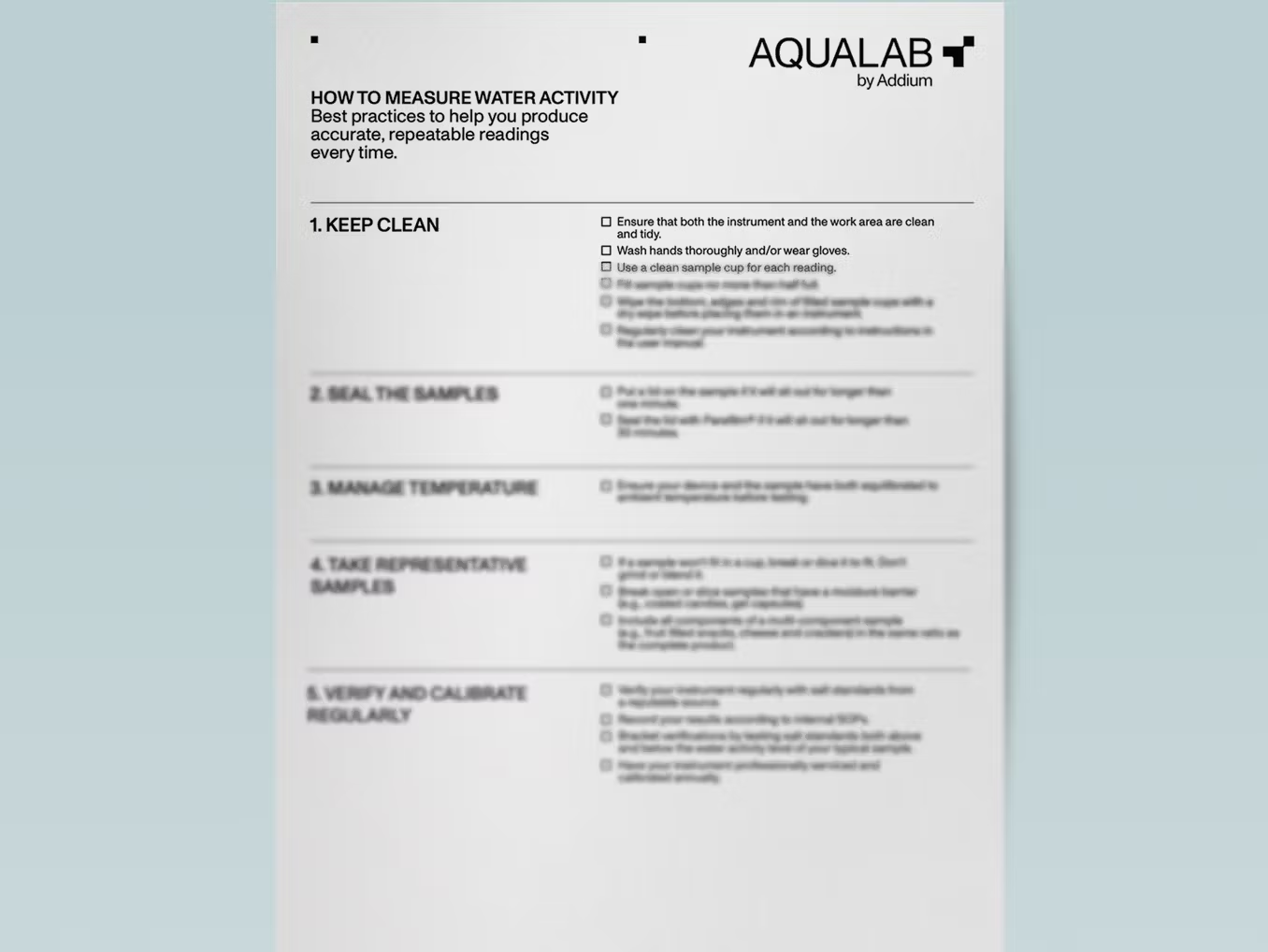Knowledge base
Built by industry experts who turn complex concepts into clear,
practical guidance you can trust.
Featured content

The beginner’s guide to shelf life stability and packaging
Your product may exhibit some changes during shelf life, but the end of shelf life is defined as a point where the product is no longer acceptable to consumers. Learn about shelf life stability and packaging in this guide.
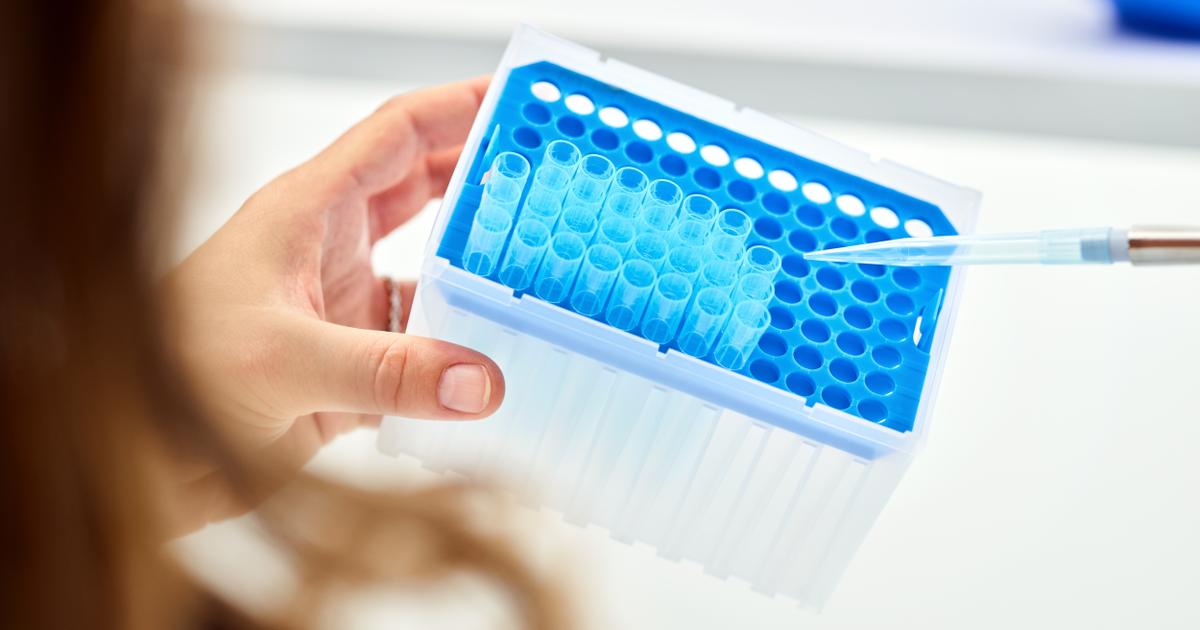
The food manufacturer’s complete guide to water activity
The best way to understand water in your product is by learning about water activity (aw). Water activity is a measure for the amount of available water.
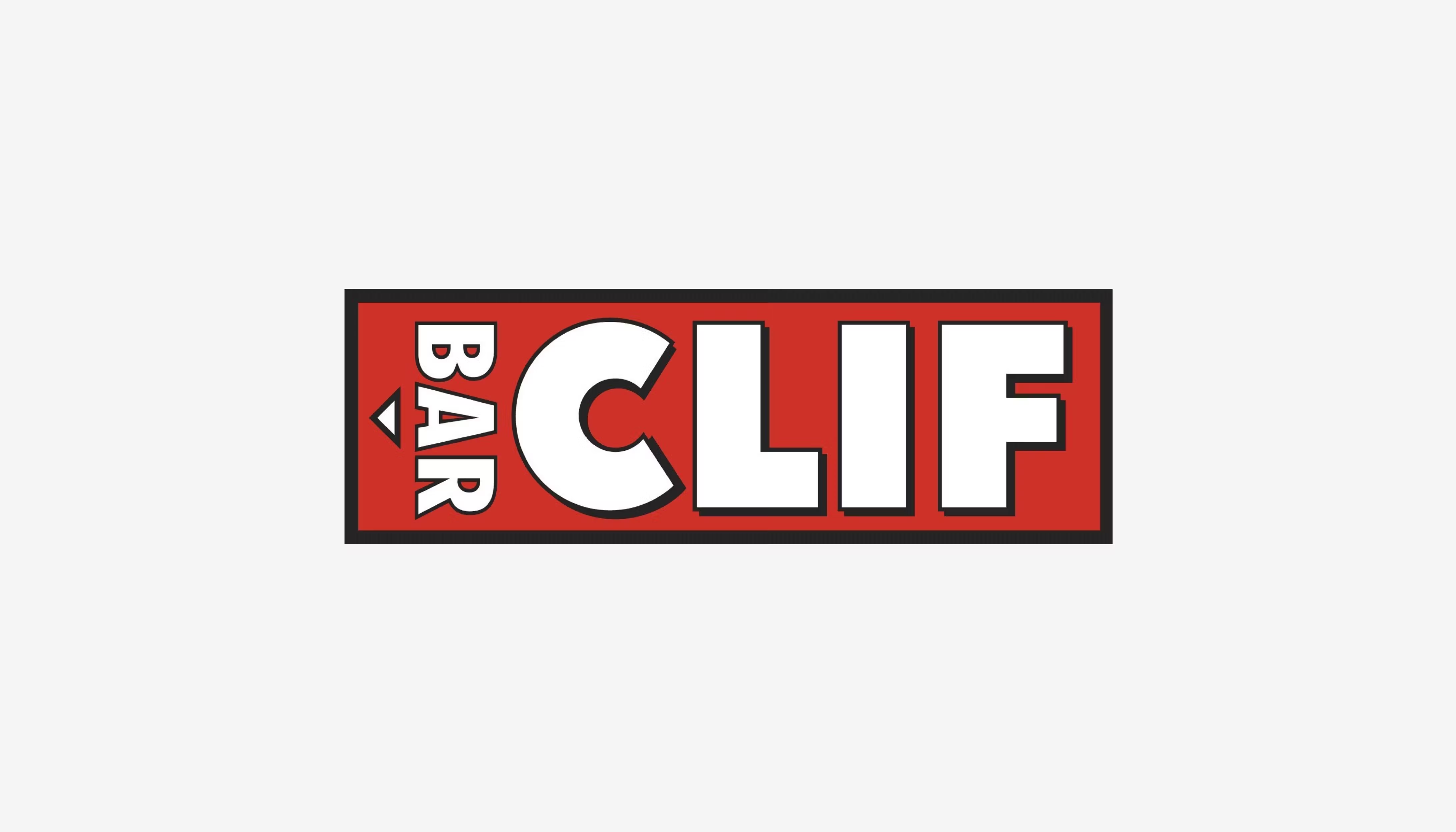
Beyond bars: Product innovation at Clif Bar & Company
Shaunti Luce is Senior Innovation and Technology Manager at Clif Bar & Company. Her role on the food safety and quality assurance team gives her unique insight into food safety, production processes and innovation at Clif.
Market insights
See all →Education guides
See all →Market insights
See all →Customer stories
See all →Expertise library
See all →Webinars
See all →Downloadable guides
See all →

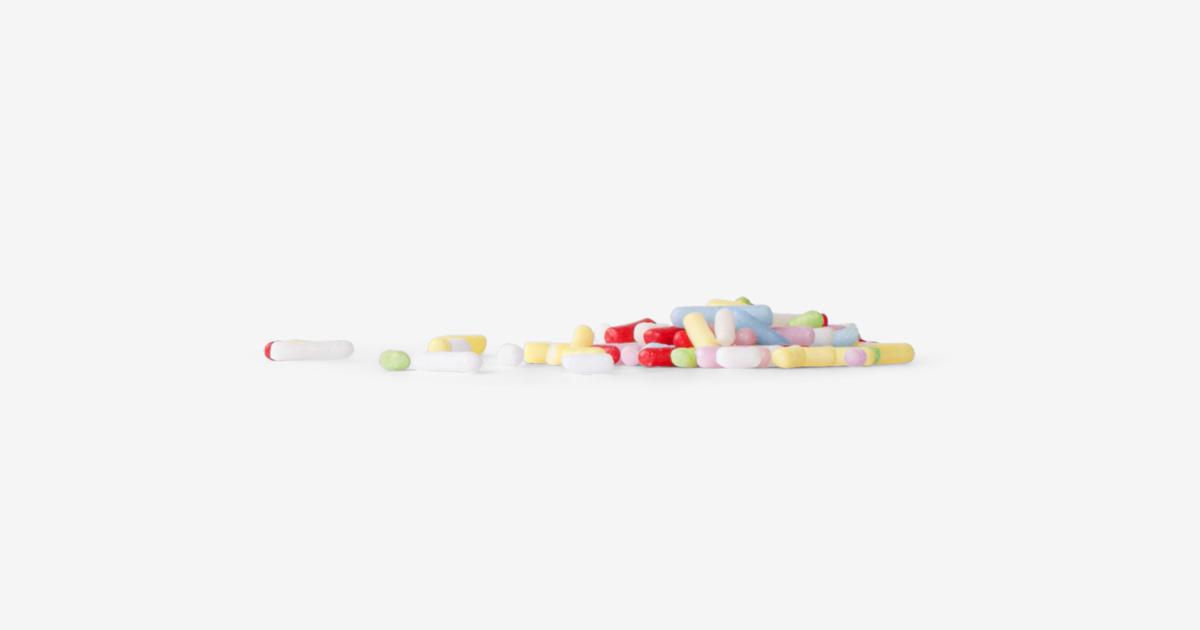

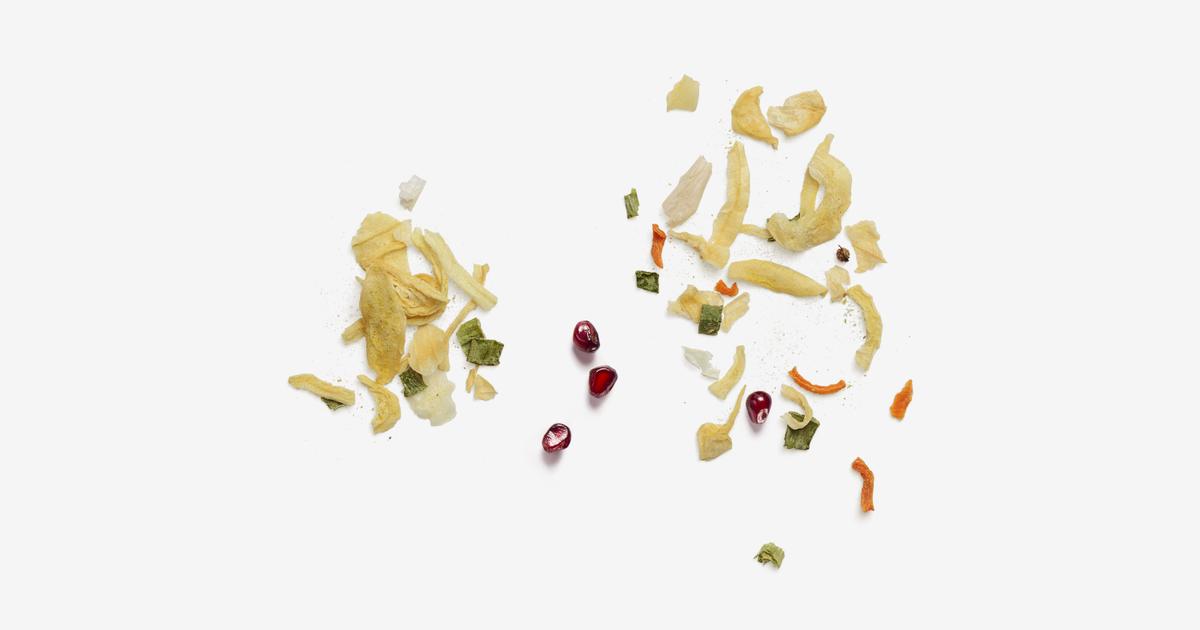

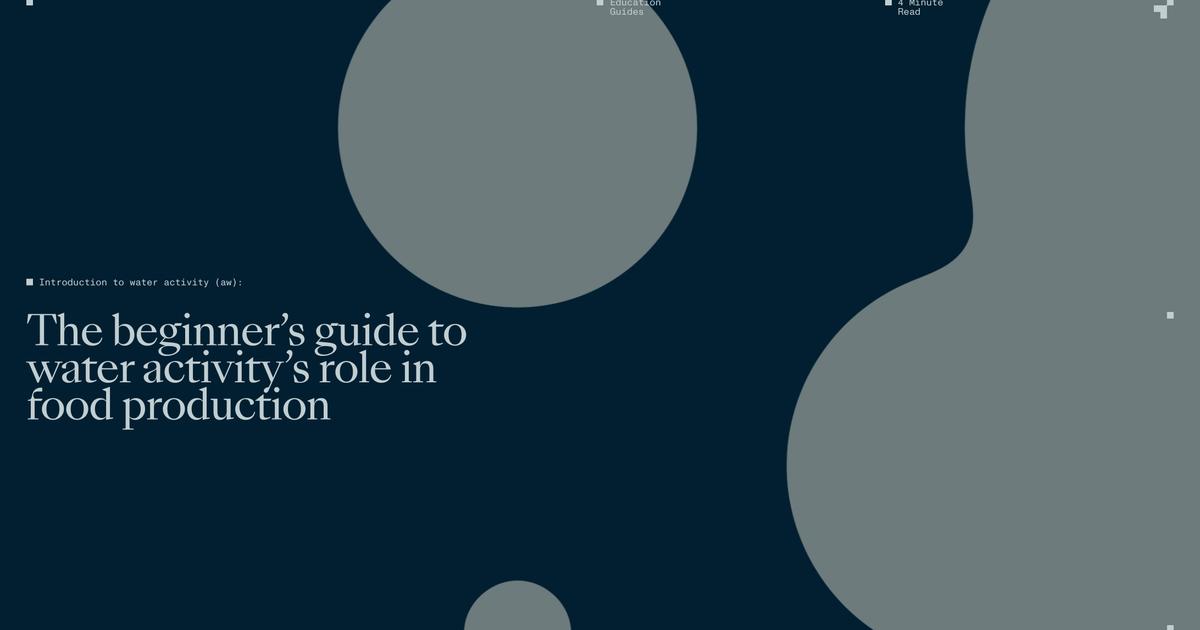
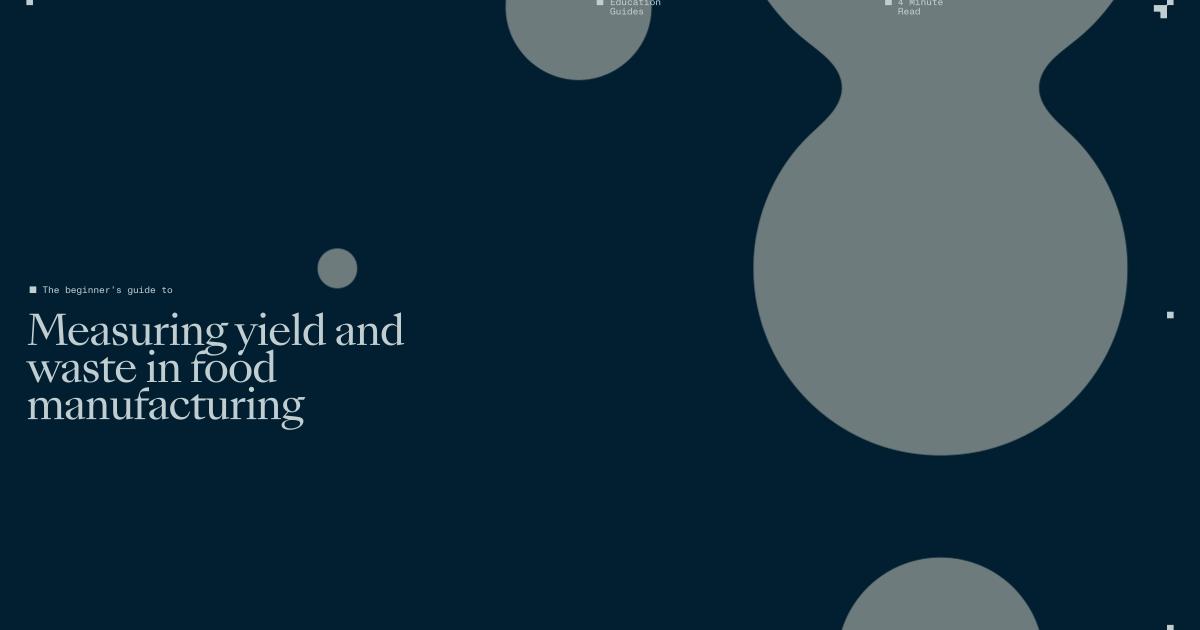
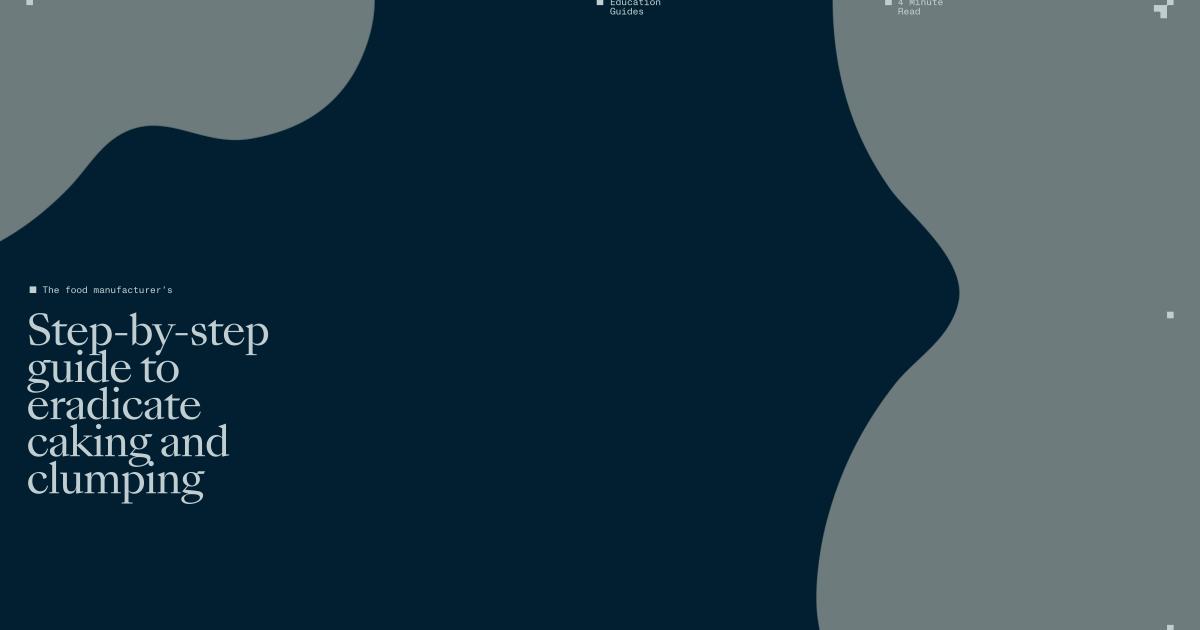

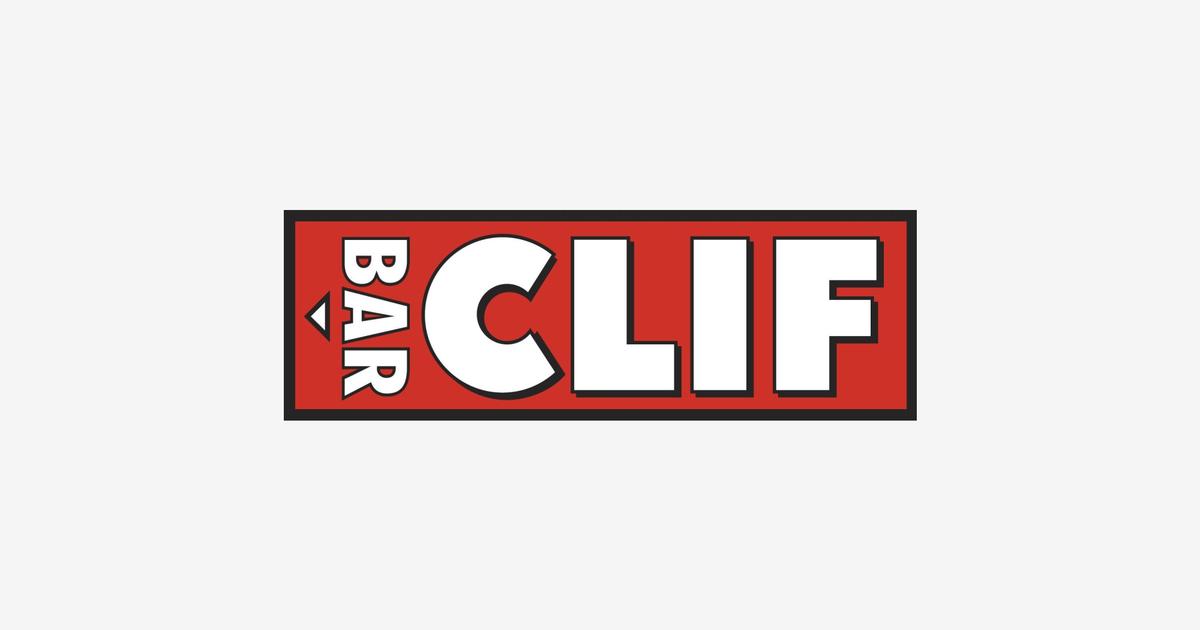
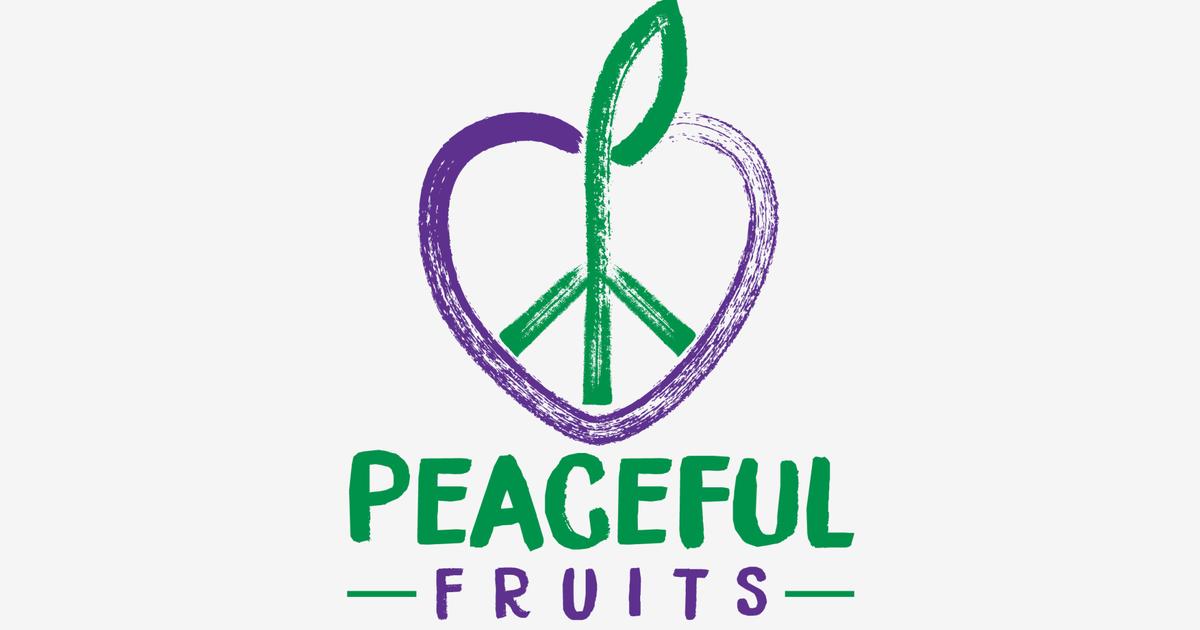
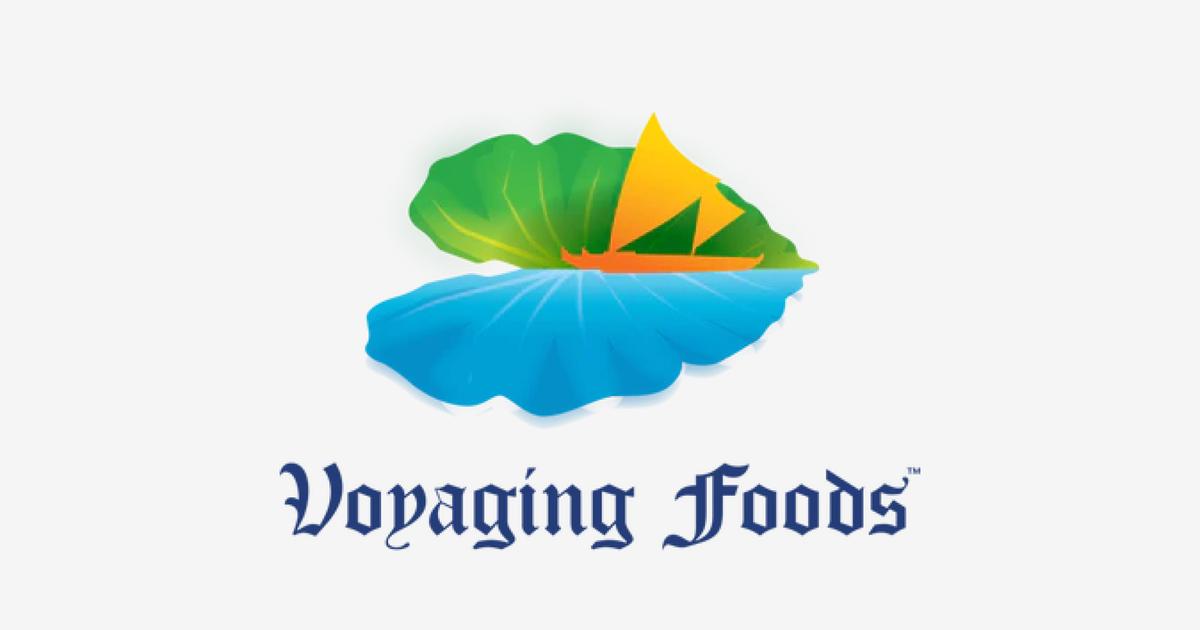
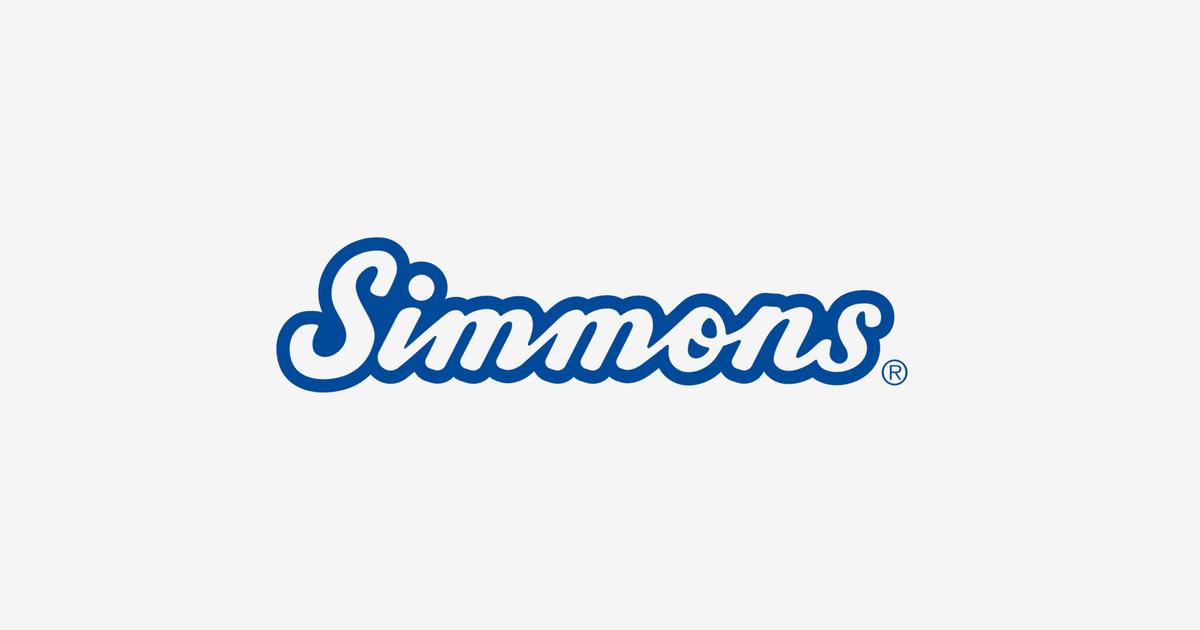








.avif)
